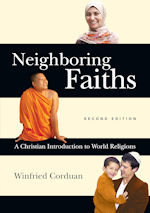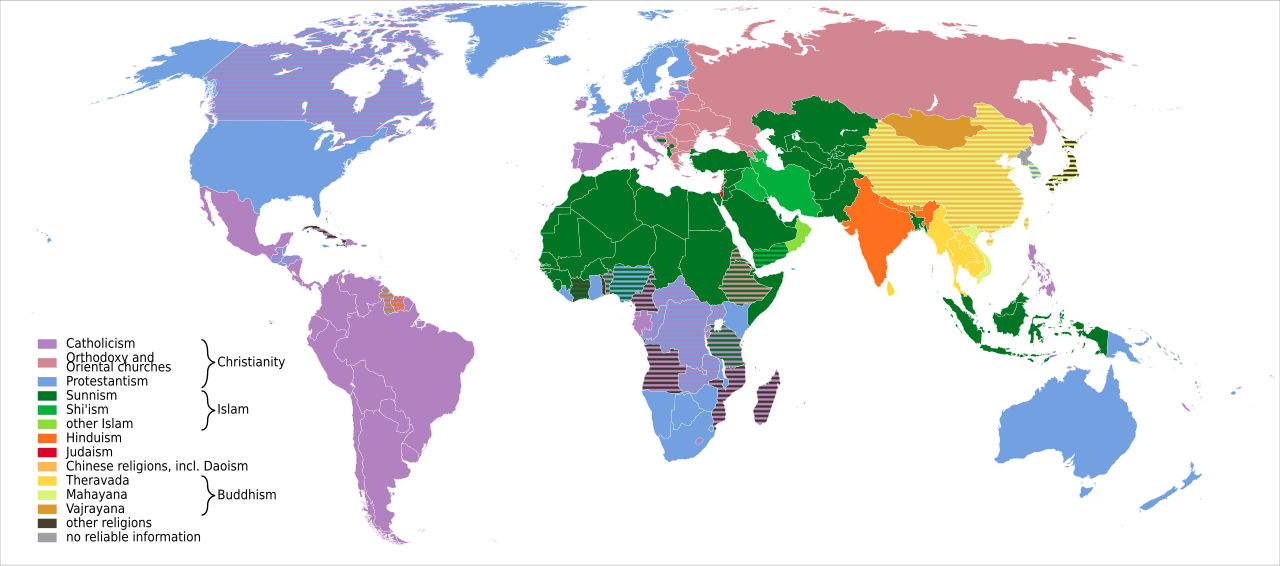World Religions Word Scramble Puzzle #1
Explore Hinduism and the Study of Religion
Based on Chapters 1 and 7 of Neighboring Faiths by Winfried Corduan

Learning Through Word Puzzles
Challenge: Can you unscramble these key terms related to Hinduism and religion—even without the book?
| 1. rlieinog _____________________________ |
A system of beliefs and practices that provides values and direction toward transcendence. |
| 2. iorytvaeloun _____________________________ |
A theory of religion’s human origin that describes development from “primitive” to complex forms. |
| 3. vsecjbetiu _____________________________ |
This view sees religion as instinctive, seated below conscious belief. |
| 4. nnarlmgshoooemiiti _____________________________ |
This view attributes religion’s origin to God and sees a decline into magic and ritual. |
| 5. itlrua _____________________________ |
A series of repeated actions performed to achieve a desired spiritual result. |
| 6. reeafiossapsgt _____________________________ |
Celebrations marking important stages in life. |
| 7. aveds _____________________________ |
Early sacred Hindu writings considered divine; the term means "knowledge." |
| 8. seatc _____________________________ |
The Hindu social system of four fixed strata. |
| 9. iiwadl _____________________________ |
Autumn festival of lights in honor of a Hindu goddess. |
| 10. ramak _____________________________ |
The cause-and-effect “law” that drives reincarnation in Hinduism. |
| 11. ajpu _____________________________ |
A daily Hindu worship practice ending with a symbolic forehead marking. |
-- Howard Culbertson, hculbert@snu.edu
"This is a really great way to learn the basics in each chapter." — Heather C., Nazarene Bible College student

Understanding the Religious Landscape
The global religious landscape includes a wide range of belief systems, from Christianity and Islam to indigenous and folk traditions. Each has unique teachings and rituals shaped by cultural, historical, and geographic contexts.
Explore how to approach the study of other religions
More Word Scramble Puzzles on World Religions
- Puzzle 2 – Based on Chapters 3 and 5
- Puzzle 3 – Based on Chapters 6 and 8
- Puzzle 4 – Based on Chapters 2 and 10
- Puzzle 5 – Based on Chapters 9 and 11